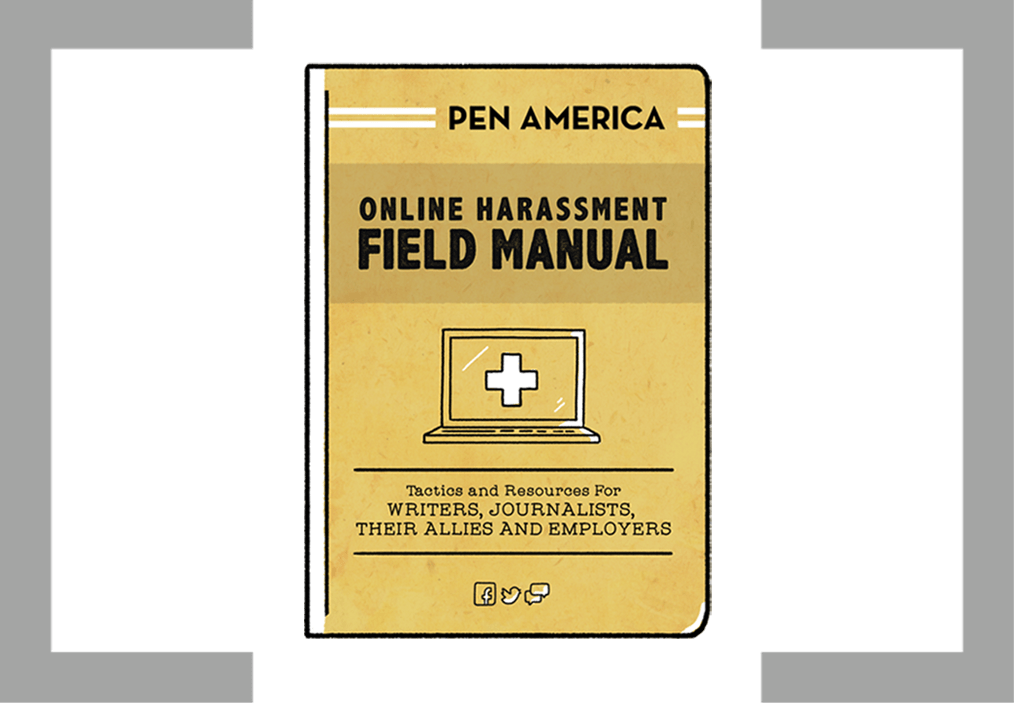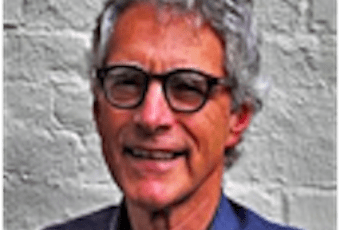In a free society, journalism is not a crime. But the Trump Administration has recently suggested otherwise. After The New York Times ran an anonymous op-ed on September 5 by a senior Trump Administration official, White House Press Secretary Sarah Huckabee Sanders tweeted that The Times was “complicit in this deceitful act.” Meanwhile, during a September 6 live interview with Fox News, President Trump said The Times shouldn’t have published the op-ed, “because really what they’ve done is, virtually, you know, it’s treason.”
Trump and Huckabee Sanders’s rhetoric implies that The Times committed a crime. But it’s not a crime for a newspaper to print leaks about a president’s behavior: It’s their job. Criticizing a president isn’t treason; it’s a First Amendment right.
While sources who leak classified information can face criminal charges under the Espionage Act, this does not appear to be the case with this op-ed. According to Stephen I. Vladeck, a law professor at the University of Texas who is an expert in national security law, “There’s virtually no context in which this kind of op-ed comes within a mile of federal criminal law.” But this hasn’t stopped the president from calling on Attorney General Jeff Sessions to identify the op-ed’s author, even though the Department of Justice (DOJ) is supposed to investigate federal crimes, not political annoyances. Trump’s request also threatens the independence of the DOJ, which is supposed to conduct investigations free from presidential interference or political meddling.
As PEN America documented in its 2015 report, “Secret Sources: Whistleblowers, National Security and Free Expression,” the Espionage Act’s scope is not limited to sources, and it could conceivably be used against anyone who publishes or redistributes national security information, including the press. While the courts have generally recognized that media outlets have more protection under the First Amendment than sources do, this doesn’t mean that publishers and journalists are exempt from the Espionage Act or that the government won’t try to prosecute them. Indeed, a 2011 study found that the government considered bringing charges against a member of the media for disclosing classified information on at least four occasions—in 1942, 1971, 1975, and 1986—and the number is probably higher now, given the increased use of the Espionage Act to prosecute leakers under the Obama and Trump Administrations. The Obama Administration even went so far as to label Fox News journalist James Rosen as a “criminal co-conspirator” in an application for a search warrant to seize his telephone and personal email records in a leak case, setting a dangerous precedent that the Trump Administration may choose to follow at some point.
Even without criminal charges, Trump’s current rhetoric toward The New York Times and sources could negatively impact the way Americans are being habituated to seeing the press. Presidential tweets like, “Whenever you see the words ‘sources say’ in the fake news media, and they don’t mention names…. it is very possible that those sources don’t exist but are made up by fake news writers. #FakeNews is the enemy!” (May 28, 2017) lead to the public distrusting leaked information and sources who choose to remain anonymous to protect themselves from reprisal.
Trump’s rhetoric also has the potential to endanger journalists. Mother Jones recently reported that, according to law enforcement and security leaders, “the targeting of journalists has steadily intensified in the Trump era, from organized campaigns of personal harassment to bomb threats and vows of assault, rape, and mass shootings.”
And Trump isn’t the only person in his administration who has implied that the media is a co-conspirator. In 2014, when Secretary of State Michael Pompeo was a congressman, he sent a letter to the organizers of South by Southwest in which he accused former NSA contractor Edward Snowden and his “media enablers” of an “ongoing intentional distortion of truth” and asked the organizers to withdraw his invitation to speak. Similarly, as director of the CIA, Pompeo characterized WikiLeaks as a “non-state hostile intelligence service”; Senator Tom Cotton, R-Ark., recently echoed Pompeo’s rhetoric when he asked the chief operating officer of Facebook why she hasn’t censored WikiLeaks.
The administration’s rhetoric toward sources and the media is a slippery slope that could be used to justify censorship, suppression, and even criminal charges. The Espionage Act, in its current form, remains a powerful tool for government officials who would wish to impose such charges. This is why it is so urgently necessary for Congress to immediately reform the Espionage Act to include an exception for information disclosures that advance the public interest.












